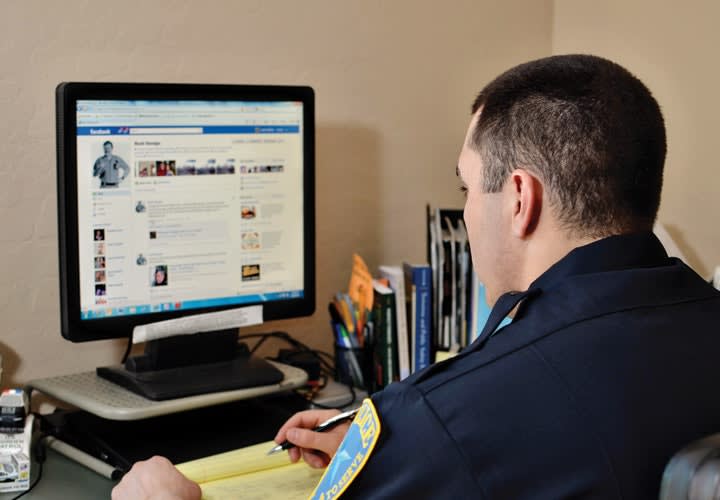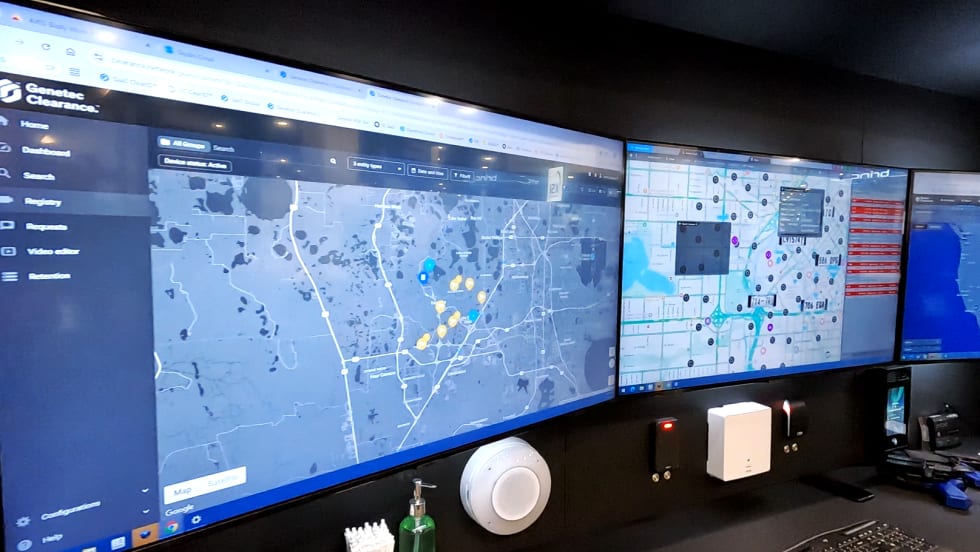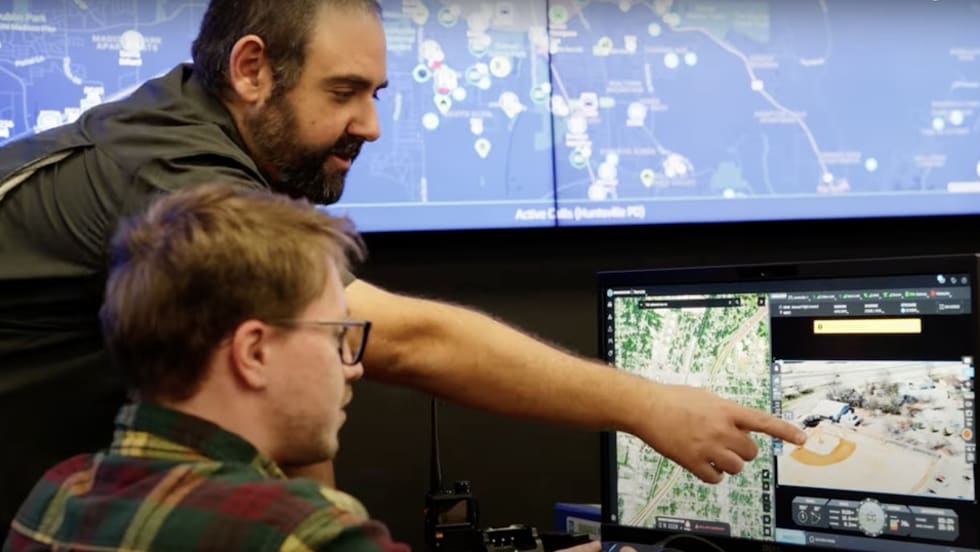But as illustrated in television exposés such as the "To Catch a Predator" segment of "Dateline," social networks are already proving themselves invaluable assets to law enforcement. Websites such as Facebook and MySpace provide suspect leads; communities are alerted to missing children and area threats through law enforcement-generated Twitter feeds and e-mail.
The U.S. Citizenship and Immigration Services (USCIS) has gone so far as to generate memos encouraging its Office of Fraud Detection and National Security to exploit social networking sites in investigating targets. A recent survey by the International Association of Chiefs of Police indicates that the USCIS has plenty of company. Of the 728 agencies polled across 48 states and the District of Columbia, more than 62 percent acknowledged using social media in criminal investigations; 40 percent said that they use it to solicit tips.
Allowing insight into potential threats, aiding in the identification of criminal associates and sympathizers, and increasingly the bulwark of many a criminal prosecution, social networks' greatest appeal as investigative tools perhaps lies in their accessibility. Many social networking sites—Facebook most conspicuously—openly promote themselves as public forums, so legal experts deem content published therein as fair game for use in criminal investigations. Unencumbered by "knock and notice" concerns, unburdened by otherwise obligatory warrants, cyberdetectives can readily access subjects' philosophies, lifestyles, and personal histories. And the person is voluntarily giving up the goods, sans Miranda, sans warrants, sans bloodshed.
It is counter-intuitive that so many people would be so seemingly hellbent on getting themselves arrested. To be fair, sometimes it's less a matter of people intentionally screwing themselves over than the doctrine of unintended consequences at work.
Take the example of Daniel Arment, an alleged serial burglar. Arment was tracked down by Eagle (Colo.) Police Department sergeant Gordon Chicoine. Interrupted during a home burglary, Arment left behind a bag with several items that bore his name. Armed with the suspect's name and a public Facebook profile, Chicoine contacted some of Arment's 120 Facebook friends. "Just as we would for any other investigation, we were looking for friends and family," says Chicoine. "In this case, we used Facebook." Arment was taken down as he indulged in New Year's revelry at a bar in the Boulder Broker Inn.













